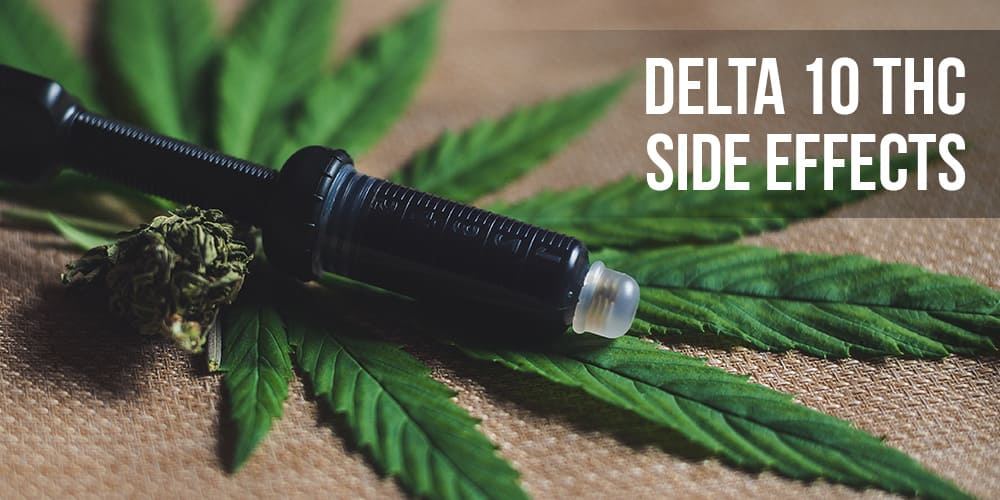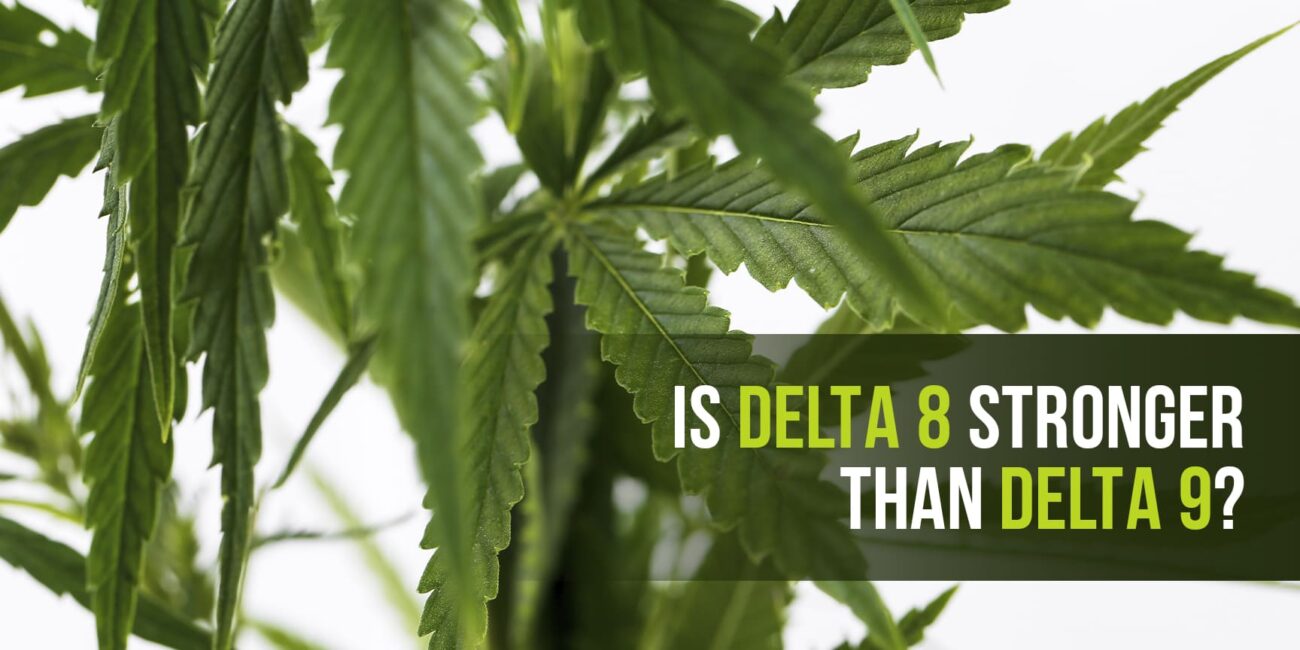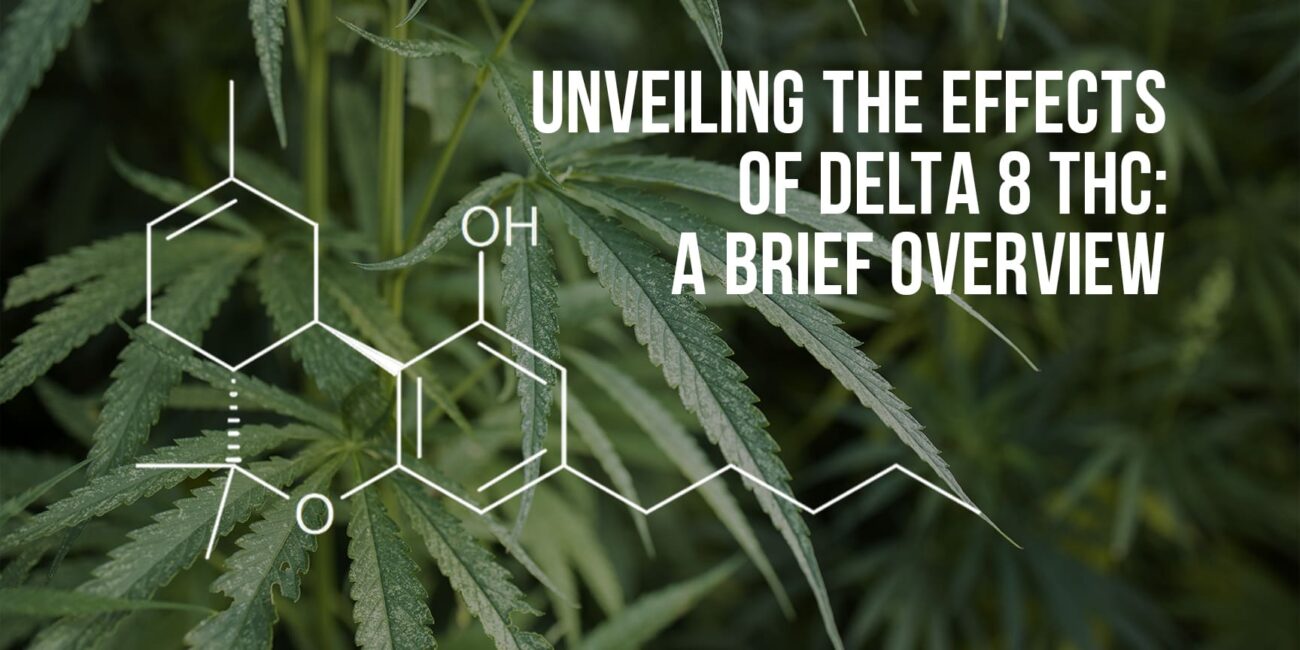Delta 8 vs. Delta 9 vs. Delta 10: What Is The Strongest Delta THC?
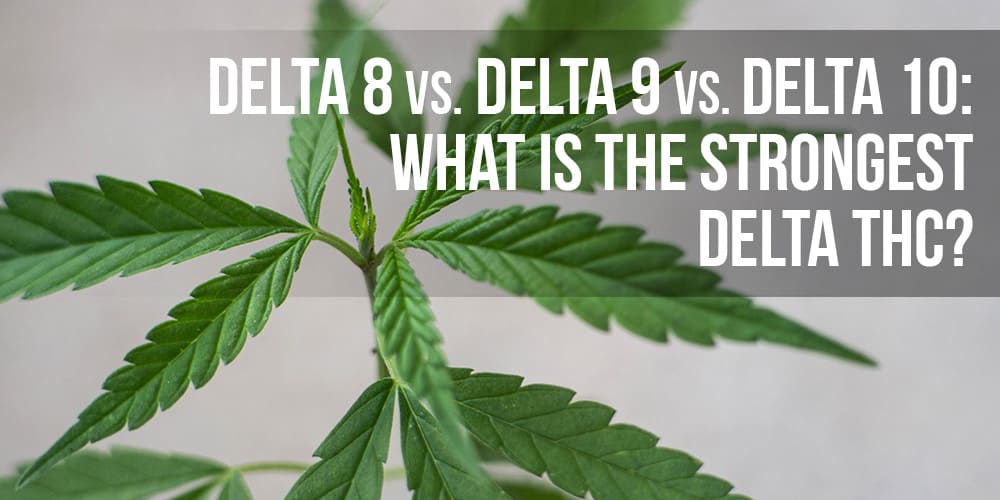
The cannabis industry has been buzzing with the advent of Delta THC variants, primarily Delta 8, Delta 9, and Delta 10. These compounds have stirred the curiosity of both consumers and researchers, raising questions about their effects, legal status, and therapeutic potential. But at the heart of the discussion is a pivotal query: What is the strongest Delta THC? This article delves into the scientific nuances, experiential accounts, and regulatory landscape to provide a comprehensive understanding of these compounds.
- Unveiling the Effects of Delta 8 THC: A Brief Overview
- Is Delta 8 thc stronger than Delta 9 thc?
- Exploring Delta 10 THC: Its Nature and Potential Benefits
The Basics of Delta THC
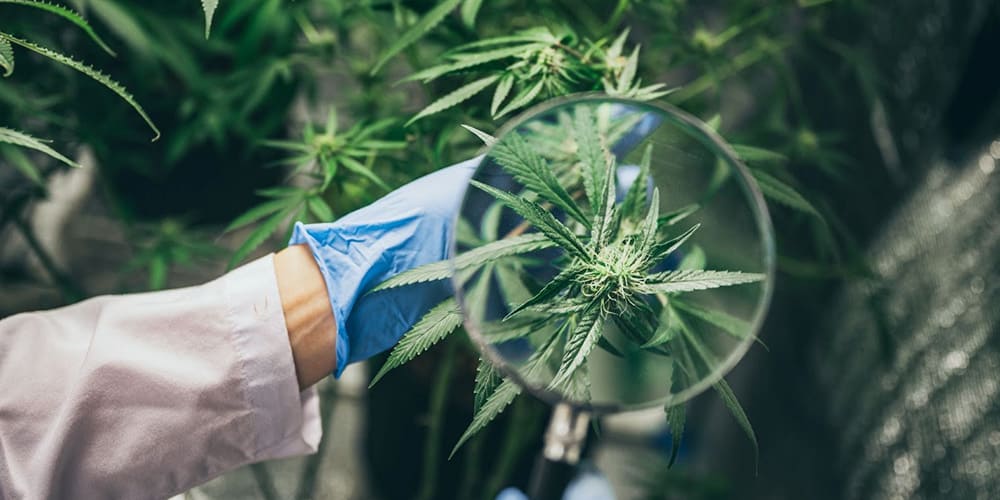
Delta THC, or tetrahydrocannabinol, serves as the key psychoactive element in cannabis, with the term “Delta” denoting the position of a double bond within the THC molecule—a factor crucial to its potency and effects. Among the variants, Delta 8, Delta 9, and Delta 10 THC are the most prominent, each marked by subtle differences in chemical structure that influence their interaction with the human body. These variations contribute to the diverse experiences and potential benefits associated with each type.
The distinctions between strongest delta thc: Delta 8, Delta 9, and Delta 10 THC are significant, as each variant offers unique effects ranging from milder to more potent psychoactive experiences. Delta 9 THC is perhaps the most well-known, associated with the classic effects of cannabis consumption, while Delta 8 and Delta 10 offer alternative experiences, potentially less intense and with different therapeutic benefits. This spectrum of effects highlights the versatility of cannabis and its potential for personalized use.
Understanding the nuances of Delta 8, Delta 9, and Delta 10 THC is essential for consumers and medical practitioners alike, as it enables informed decisions regarding cannabis use. The varying impacts of these THC variants on the body underscore the complexity of cannabis as a plant and its compounds. As research continues to uncover the intricacies of each Delta THC type, the potential for tailored therapeutic applications grows, promising a future where cannabis can be more accurately utilized to meet individual needs.
Experience the exquisite blend of Cotton Candy and White Truffle Hash Hole Pre-Roll. A perfect mix of euphoria and relaxation, crafted for a deeply satisfying experience.
Delta 8 THC: The Milder Alternative
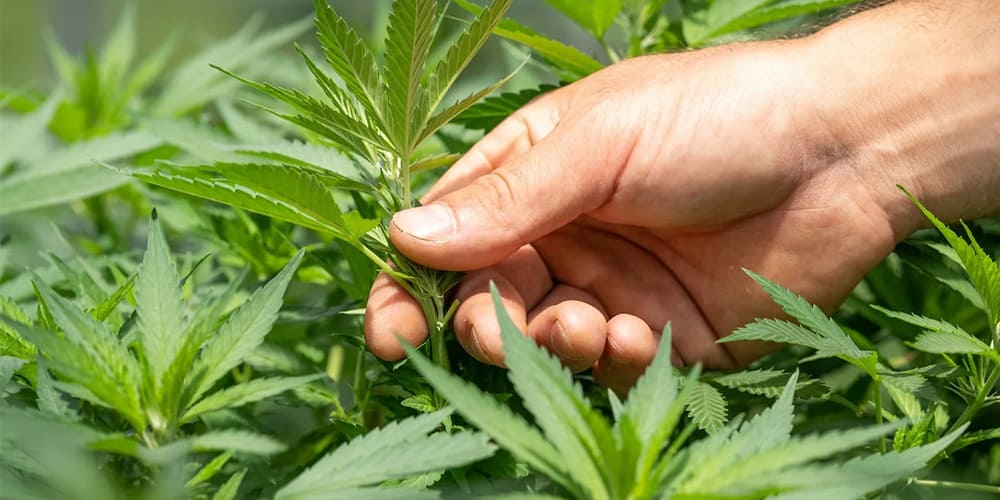
Delta 8 THC, while bearing close resemblance to Delta 9 THC in molecular structure, distinguishes itself by the placement of its double bond on the eighth carbon chain, giving rise to its name. This subtle alteration in structure leads to a psychoactive effect that is notably less intense than that of Delta 9 THC. Users often describe the high from Delta 8 as more clear-headed, accompanied by diminished feelings of anxiety and paranoia, which contrasts with the sometimes overwhelming effects associated with Delta 9 THC.
Attributed with potential therapeutic benefits, Delta 8 THC has been praised for its anti-nausea, anti-anxiety, and appetite-stimulating effects. These properties suggest that Delta 8 could serve as a valuable tool in medical cannabis applications, offering relief with a reduced risk of the negative side effects often linked to marijuana use.
The legal landscape for Delta 8 THC is complex and varies significantly across different jurisdictions. In some states, it remains in a legal grey area, with regulations that can differ markedly from the federal stance and those of neighboring states. This inconsistency in legal status has led to confusion and a patchwork of enforcement practices, underscoring the need for clear, uniform laws regarding the use and distribution of Delta 8 THC and other cannabinoids.
Delta 9 THC: The Well-Known Psychoactive
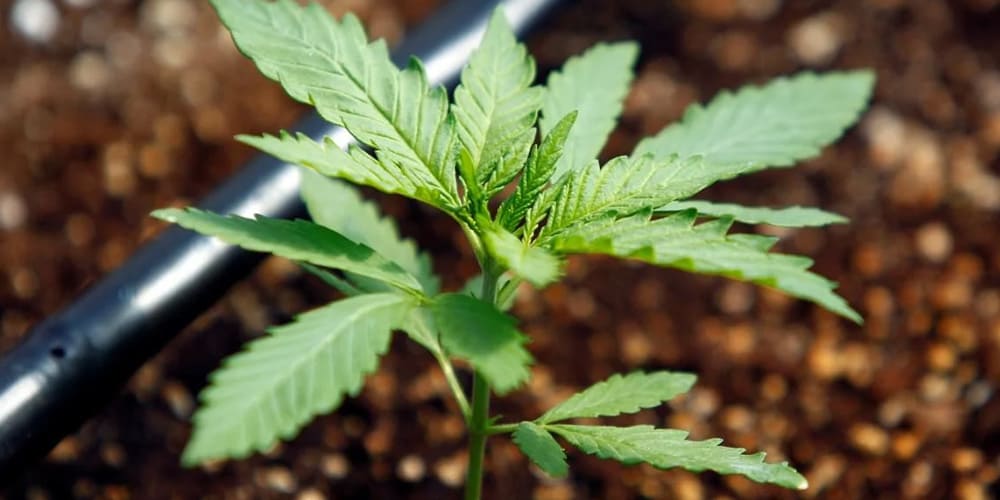
Delta 9 THC stands as the most recognized and prevalent form of THC within the cannabis plant, celebrated for its strong psychoactive properties. This compound is responsible for the classic cannabis high, characterized by feelings of euphoria, amplified sensory experiences, and, for some individuals, anxiety or paranoia. By engaging with the body’s endocannabinoid system and specifically binding to CB1 receptors in the brain, Delta 9 THC significantly influences mood, perception, and cognitive processes, marking it as a key player in the user’s cannabis experience.
This particular cannabinoid has been central to the ongoing discussions and controversies surrounding cannabis, both legally and culturally. The powerful effects of Delta 9 THC, coupled with its widespread presence in cannabis products, have fueled debates over legalization, medical use, and social acceptance. As such, Delta 9 THC not only shapes the individual experiences of users but also plays a significant role in the broader discourse on cannabis, impacting legislation, research, and societal perceptions of marijuana use.
nwind with Magic Eye 7 diamond-infused mini joints, offering a sweet, berry, and herbaceous experience. Perfect for stress relief and promoting restful sleep.
Delta 10 THC: The Novel Stimulant
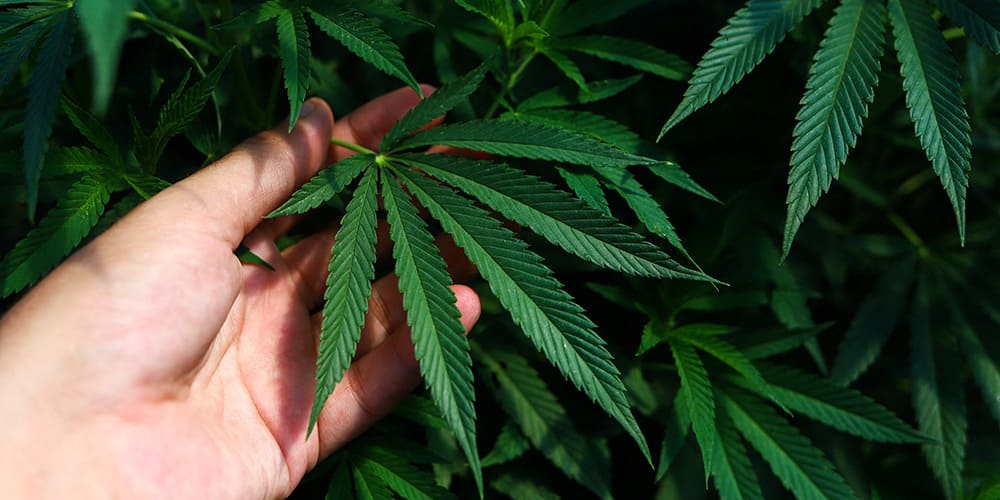
Delta 10 THC emerges as the latest cannabinoid sensation in the cannabis market, uniquely characterized by a double bond located on the tenth carbon chain. This structural distinction contributes to a milder effect profile compared to its relatives, Delta 8 and Delta 9 THC, offering users an uplifting, sativa-like experience. Enthusiasts of Delta 10 THC particularly appreciate its ability to foster creativity and maintain alertness without the heavy psychoactive effects commonly associated with Delta 9 THC.
The experience provided by Delta 10 THC is often described as energizing, making it a popular choice for those seeking the positive aspects of THC without intense psychoactivity. This cannabinoid is lauded for its potential to enhance mental clarity and stimulate creative thought, distinguishing it from the more sedative effects attributed to other THC variants.
Navigating the legal landscape of Delta 10 THC requires caution, as its status varies significantly across different jurisdictions, much like Delta 8. Potential users and retailers alike must stay informed about local cannabis laws to ensure legal compliance. This necessity highlights the complex regulatory environment surrounding new cannabinoids, underscoring the importance of due diligence for those interested in exploring the benefits of Delta 10 THC.
Boost your mood with Strawberry 10 Cannabis-Infused Gummies, a sweet and tangy treat for energy and joy. Perfect for creativity or socializing, they’re an ideal, flavorful uplift.
Comparing the Effects and Benefits
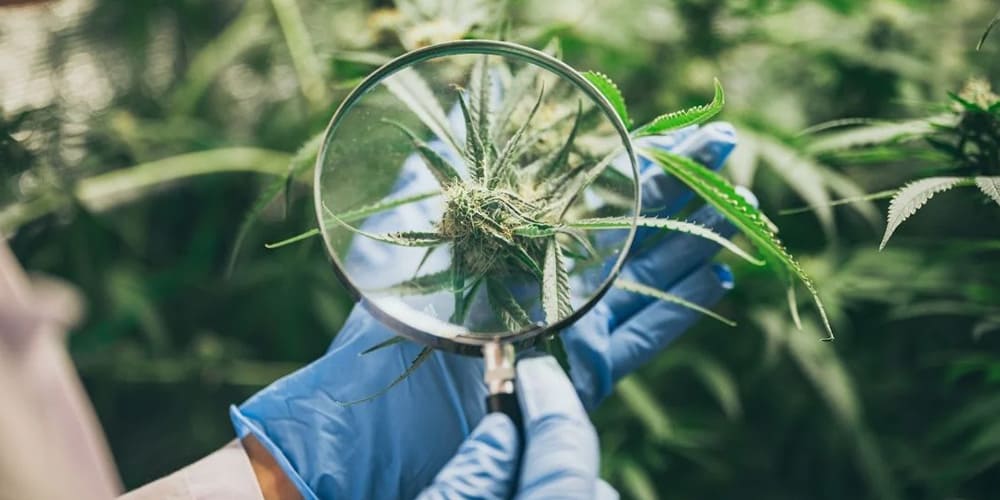
Understanding the nuances between Delta 8, Delta 9, and Delta 10 THC is essential for anyone navigating the cannabis landscape, especially when evaluating their potency, psychoactive impacts, and potential therapeutic advantages. Delta 9 THC stands out for its potency, delivering pronounced psychoactive effects that have made it a popular choice for both recreational pursuits and specific medical uses. Its strong effects cater to users seeking the quintessential cannabis experience or those who may benefit from its more intense therapeutic properties.
Delta 8 THC, in contrast, provides a gentler high, making it an attractive option for individuals looking for relief from anxiety or other discomforts without the intense psychoactivity associated with Delta 9. This milder variant can offer a more manageable experience, potentially reducing the risk of anxiety or paranoia sometimes induced by higher THC concentrations. Delta 10 THC distinguishes itself further by offering an uplifting and stimulating effect, appealing to those in search of a boost in creativity or focus.
Each of these THC variants caters to different preferences and needs, from those seeking strong psychoactive effects to users desiring a mild boost in focus or creativity. Whether for recreational enjoyment or potential therapeutic benefit, Delta 8, Delta 9, and Delta 10 THC offer a spectrum of experiences, allowing for personalized cannabis consumption. As the cannabis industry evolves, understanding these differences becomes increasingly important for consumers aiming to make informed choices about their use of cannabis products.


